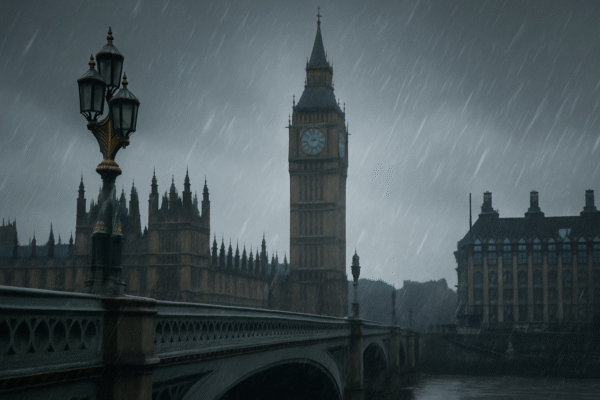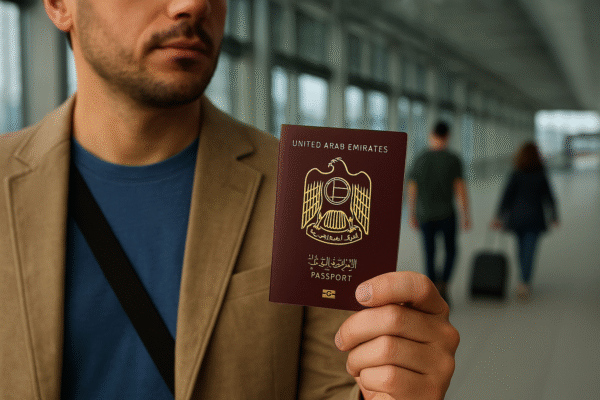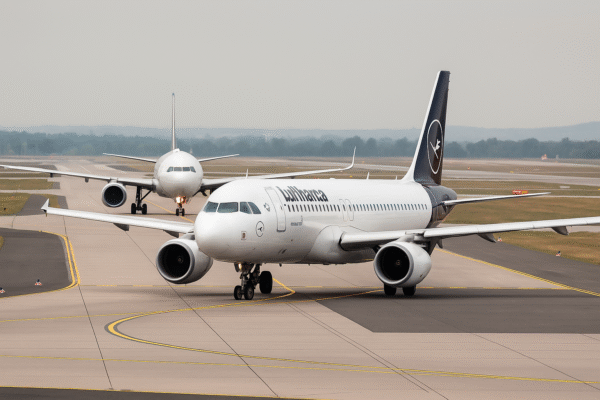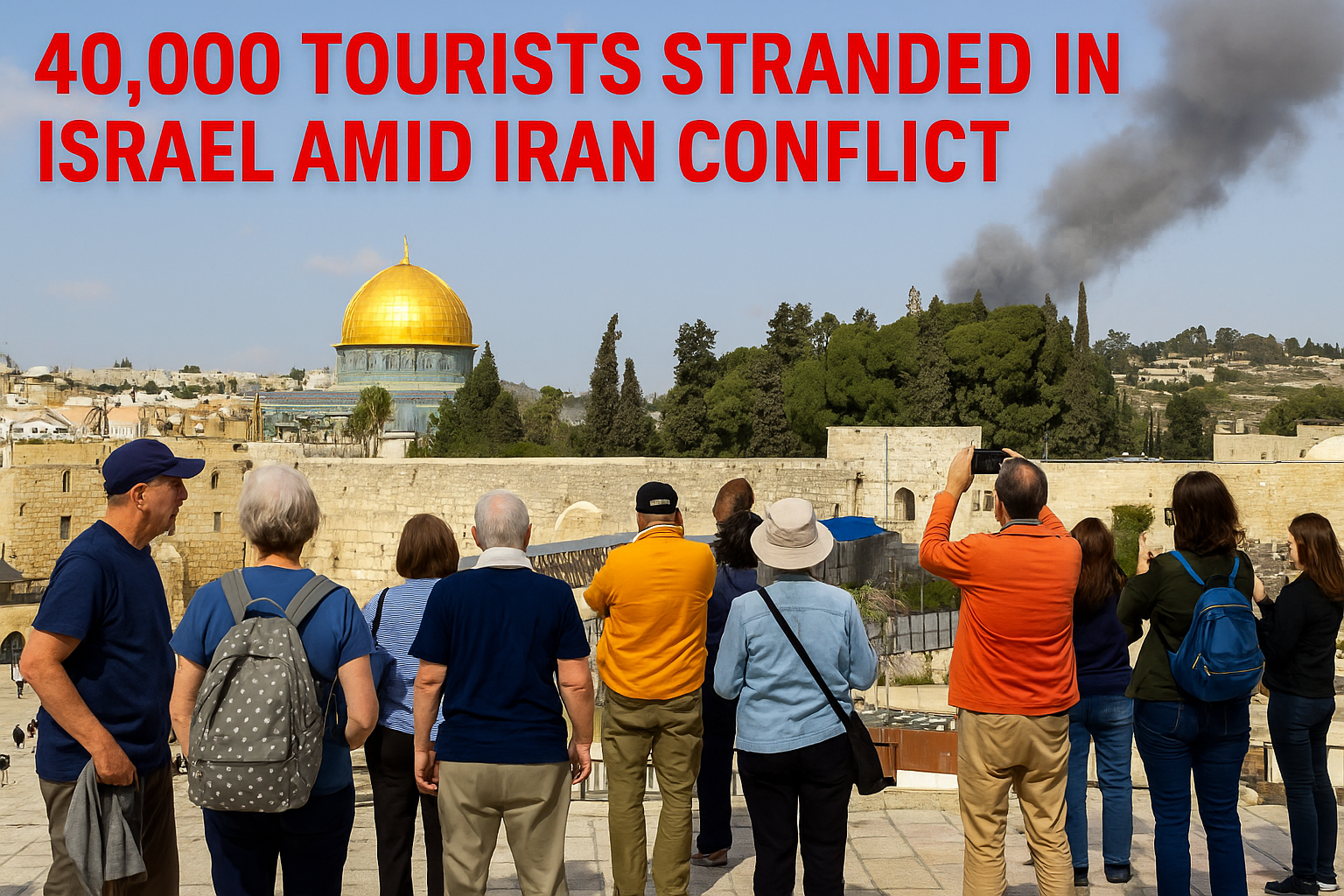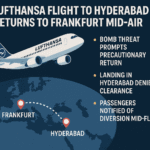A once-bustling tourist season in Israel has turned into a global travel emergency as more than 40,000 international visitors find themselves trapped in a country gripped by escalating conflict. After Israel launched a military strike on Iran last week, Tehran retaliated with missile attacks, prompting Israel to close its airspace, shut down airports, and suspend all commercial flights.
Sudden Escalation Grounds Flights and Traps Travelers
On Friday, shortly after Israel’s military actions targeted Iranian infrastructure, air raid sirens began blaring across major Israeli cities, including Tel Aviv and Jerusalem. In response, the Israeli government grounded all civilian aircraft, citing the escalating security situation and risk of missile strikes. Ben Gurion International Airport—the nation’s largest gateway—closed indefinitely, effectively halting all inbound and outbound travel.
Tourists, many of whom had arrived for summer sightseeing, religious pilgrimages, or business, are now living under constant threat. With airspace sealed and alternative transport options limited, panic is spreading across hotels, airports, and tourism offices.
Jerusalem and Tel Aviv Under Fire: Shelters Replace Souvenirs
In Jerusalem, one of the most historic and spiritually significant cities in the world, air raid sirens have replaced the sounds of prayer and tourism. Ballistic missiles lit up the skies over the Old City, forcing locals and visitors alike into underground shelters. In Tel Aviv, where tourists had once gathered on beaches and boulevards, entire districts are now deserted as rockets continue to target urban centers.
Hotels and cultural sites have shuttered. Tourist attractions, including the Church of the Holy Sepulchre and the Western Wall, have restricted access. Instead of lounging in cafés or touring ruins, tourists are now huddling in stairwells, relying on emergency apps and embassy updates.
Airport Shutdown and Soaring Costs Cripple Escape Efforts
With Ben Gurion International Airport closed and no scheduled timeline for reopening, tourists are scrambling for alternate escape routes. Many have turned to land border crossings into Jordan as a last resort. However, options are extremely limited. Long queues have formed at the Allenby Bridge and Sheikh Hussein crossings. Those who make it across must continue their journey to Amman to catch international flights, often priced three to four times above normal due to sudden demand surges.
Meanwhile, foreign embassies are urging their citizens to shelter in place, avoid public gatherings, and register for evacuation support. The U.S. State Department and other Western governments have updated travel advisories, strongly discouraging all travel to Israel and the surrounding conflict zones.
Ministry of Tourism Launches Crisis Support Hotline
Israel’s Ministry of Tourism has launched an emergency assistance center operating 24/7 in Hebrew and English to support stranded foreign nationals. The hotline is helping travelers with accommodation extensions, safety instructions, and coordination with diplomatic missions.
Despite this initiative, many tourists report challenges in reaching local authorities or booking alternative transport. Digital platforms are overwhelmed, and availability of hotel rooms in safer southern regions is rapidly shrinking.
Massive Blow to Israel’s Economy and Middle East Tourism
Tourism accounts for nearly 3% of Israel’s GDP, with millions of dollars lost each day the conflict persists. Tour operators are canceling future bookings, airlines are rerouting flights away from Israeli and Iranian airspace, and cruise lines have suspended all Eastern Mediterranean itineraries.
Hotel occupancy rates have plummeted in places like Eilat and Haifa. Museums, tour guides, and local vendors reliant on foreign visitors are experiencing immediate economic distress. Beyond Israel, this conflict has a ripple effect across Middle East tourism hubs, including Egypt, Jordan, and the UAE, where concerns over regional instability are triggering cancellations.
Emotional Toll on Tourists Trapped in a War Zone
Social media is filled with firsthand accounts from stranded tourists. Some share images of missile strikes captured from hotel windows. Others describe the terror of hearing sirens in the middle of the night, rushing down stairwells in pajamas to reach underground bunkers.
For many, the shock lies in the stark contrast—arriving for a holiday and ending up in a crisis zone. Travel insurance coverage is proving inconsistent, with some policies excluding war-related events. Airlines have been slow to issue refunds or rescheduling assistance.
Not everyone is choosing to flee. Some travelers, particularly those visiting friends and family, have opted to stay. Their decisions are influenced by emotional ties, a desire to support loved ones, or simply the uncertainty and cost of escape.
What Lies Ahead for Israeli Tourism?
As conflict intensifies, the outlook for Israel’s tourism recovery remains grim. The Ministry of Tourism has suspended all promotional activities abroad and is focusing solely on safety and communication efforts. International carriers have no confirmed dates for flight resumptions, with most waiting for Israeli military clearance and security reassessment.
Travel brands are now re-evaluating regional safety protocols. Booking platforms are flagging Israel with high-risk alerts. Major hotel chains have enacted emergency protocols, and some have even started offering long-term shelters for both guests and staff.
Final Thoughts: When Travel Turns into Survival
This is no ordinary travel advisory. The unfolding Israel–Iran conflict represents one of the most serious disruptions to Middle East tourism in the last decade. For the 40,000 foreign tourists stranded in Israel, the line between vacation and survival has blurred.
With air travel suspended, land routes uncertain, and missile alerts a daily reality, the focus now is not on itineraries but on personal safety. The global tourism industry, once powered by wanderlust and cross-cultural exchange, is now confronting the stark impact of geopolitical strife.
Until skies clear and peace talks resume, Israel’s tourism economy hangs by a thread—and the thousands caught in its crosshairs are living proof of how quickly travel dreams can become travel disasters.
For more travel news like this, keep reading Global Travel Wire





